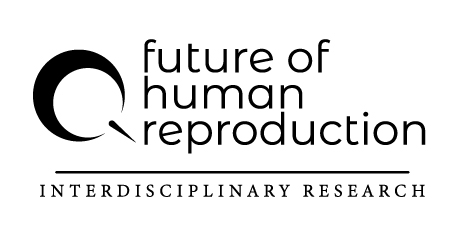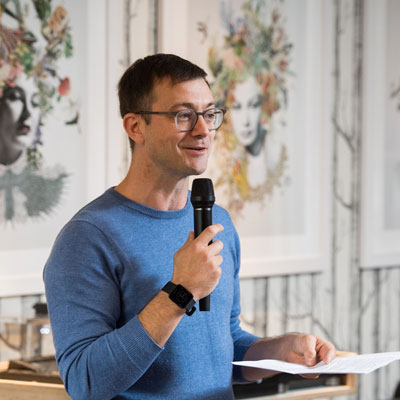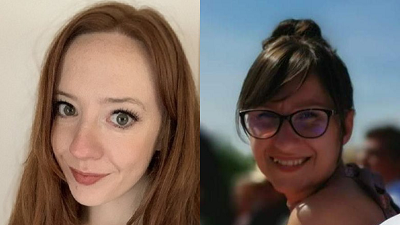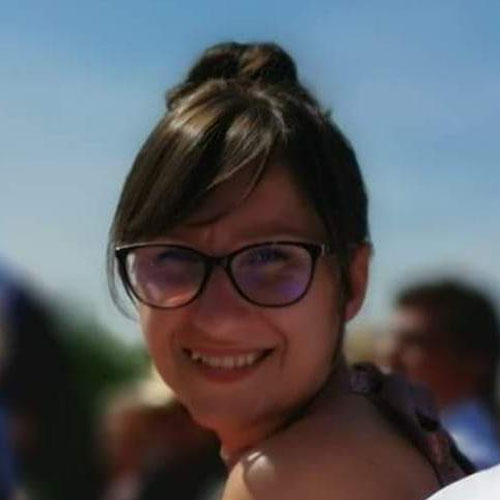New reproductive technologies, such as ectogenesis, draw a wedge between the commonly assumed close connection between the foster (fetus) and the gravida (pregnant person). This shift has potential metaphysical implications for how we conceive of their relation, even in cases of natural pregnancy.
Is the foster contained in and distinct from the gravida or do they form a unity? If gestation can happen outside of the human womb, then this seems to support the so-called container model of pregnancy over the parthood model.
This project will use the current philosophical debate about the metaphysics of pregnancy, and technological developments in reproductive sciences, as springboards for discussing the normative consequences of how we fundamentally conceive of the relation between foster and gravida. Whether we opt for a container or a parthood model could have important ethical and legal repercussions. For instance, would seeing the foster as a separate entity mean assigning it more or stronger rights?
This project will bring together scholars from different disciplines who spearhead relevant debates in an academic event to publish their contributions in an edited collection.
Katherine Furman is Lecturer in Philosophy, Politics and Economics at the University of Liverpool. Her research areas of specialisation are Applied Ethics, Philosophy and Public Policy, Health Policy, Philosophy of Science and Social Science, and Bioethics.
Thomas Schramme is Professor of Philosophy at the University of Liverpool. He specialises in moral and political philosophy, and has a strong interest in philosophy of medicine.
Megan Rawson is a PhD student in the Department of Philosophy at the University of Liverpool. Her research considers the ethical implications of metaphysical understandings of pregnancy.







